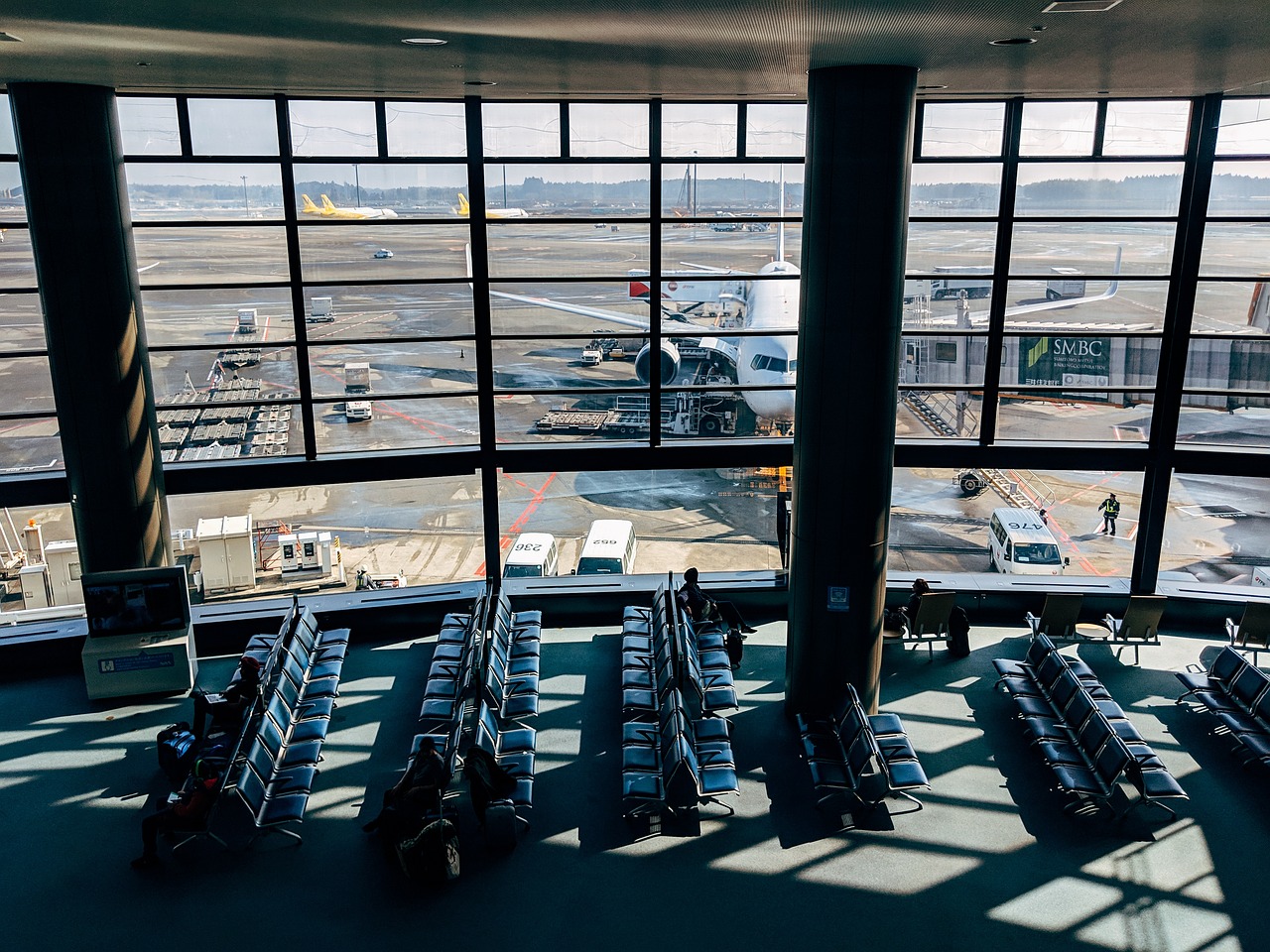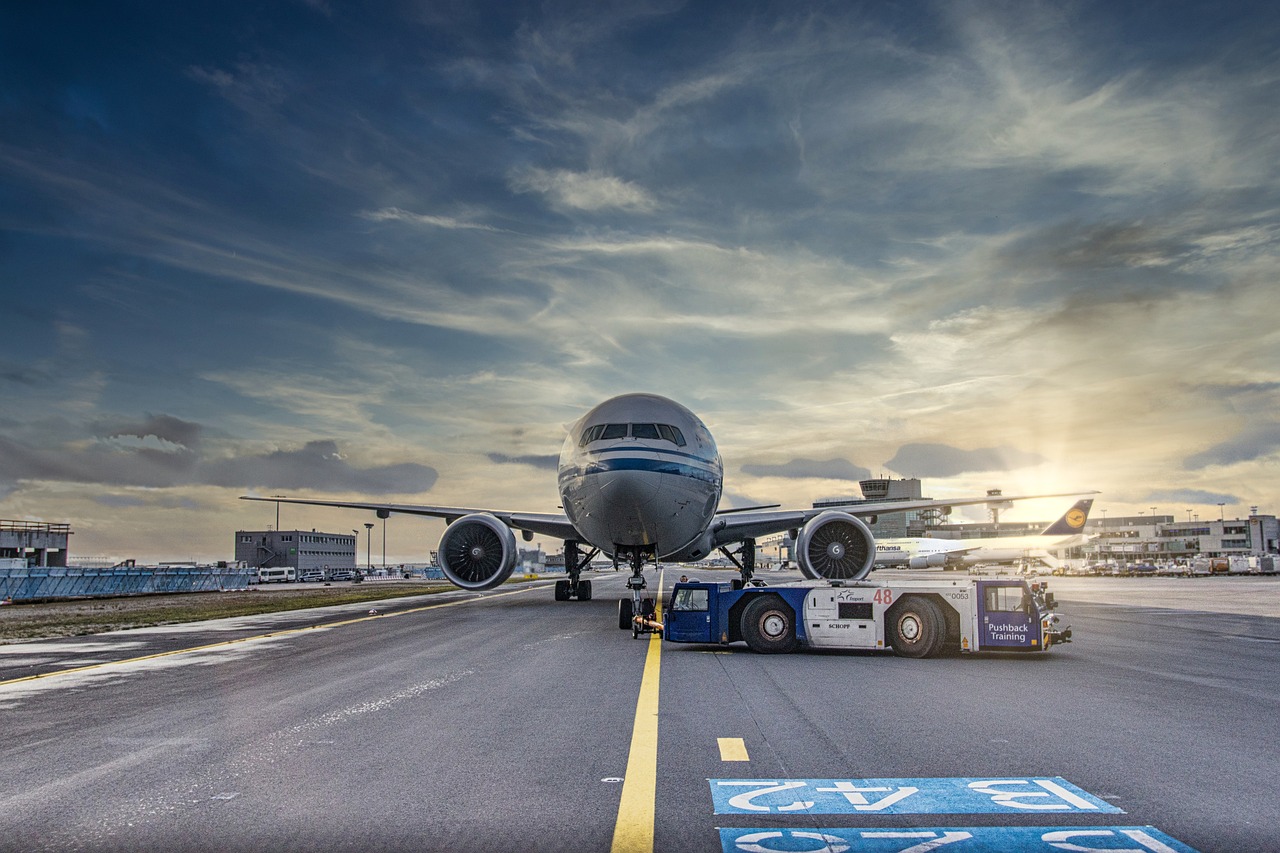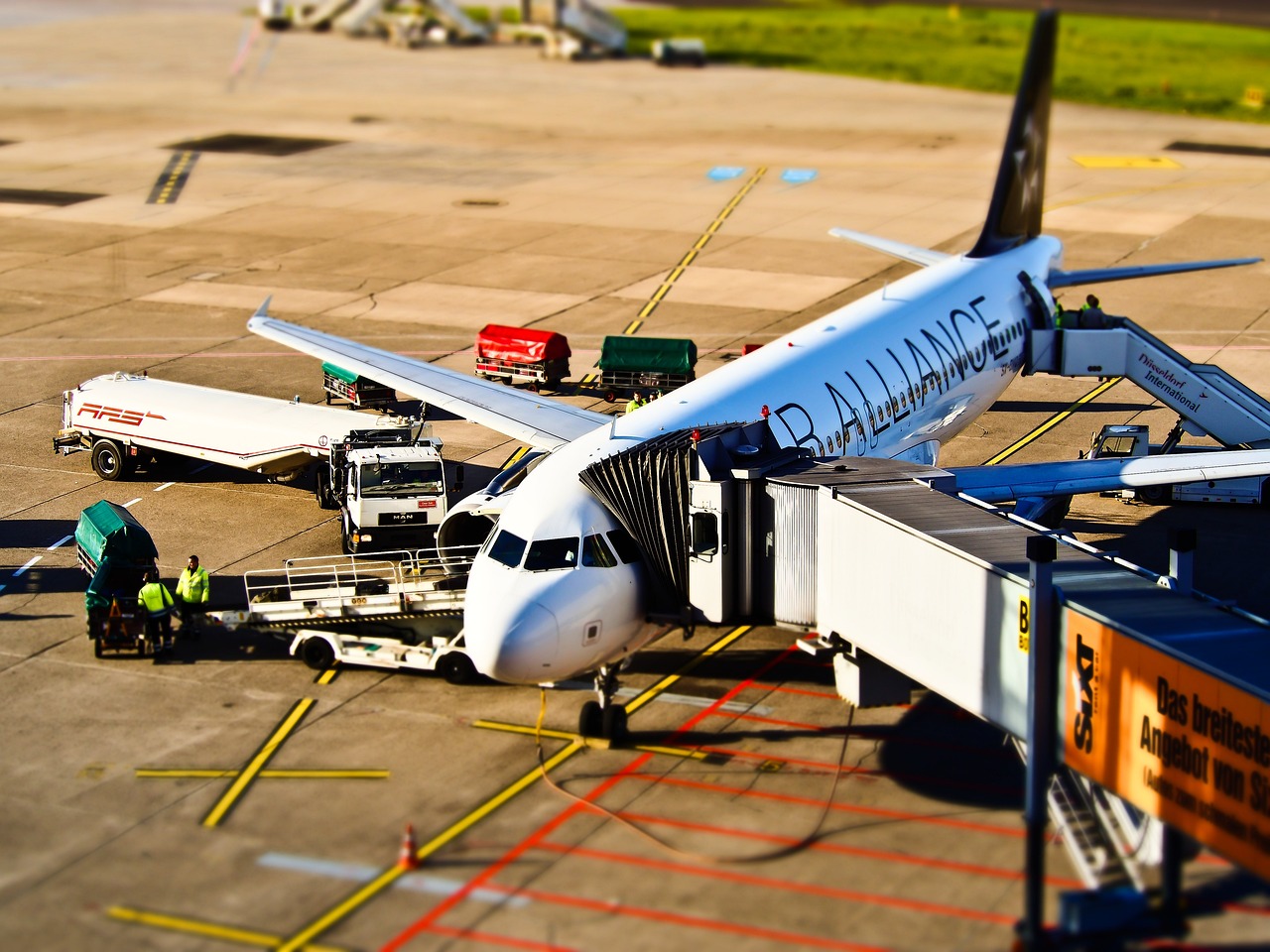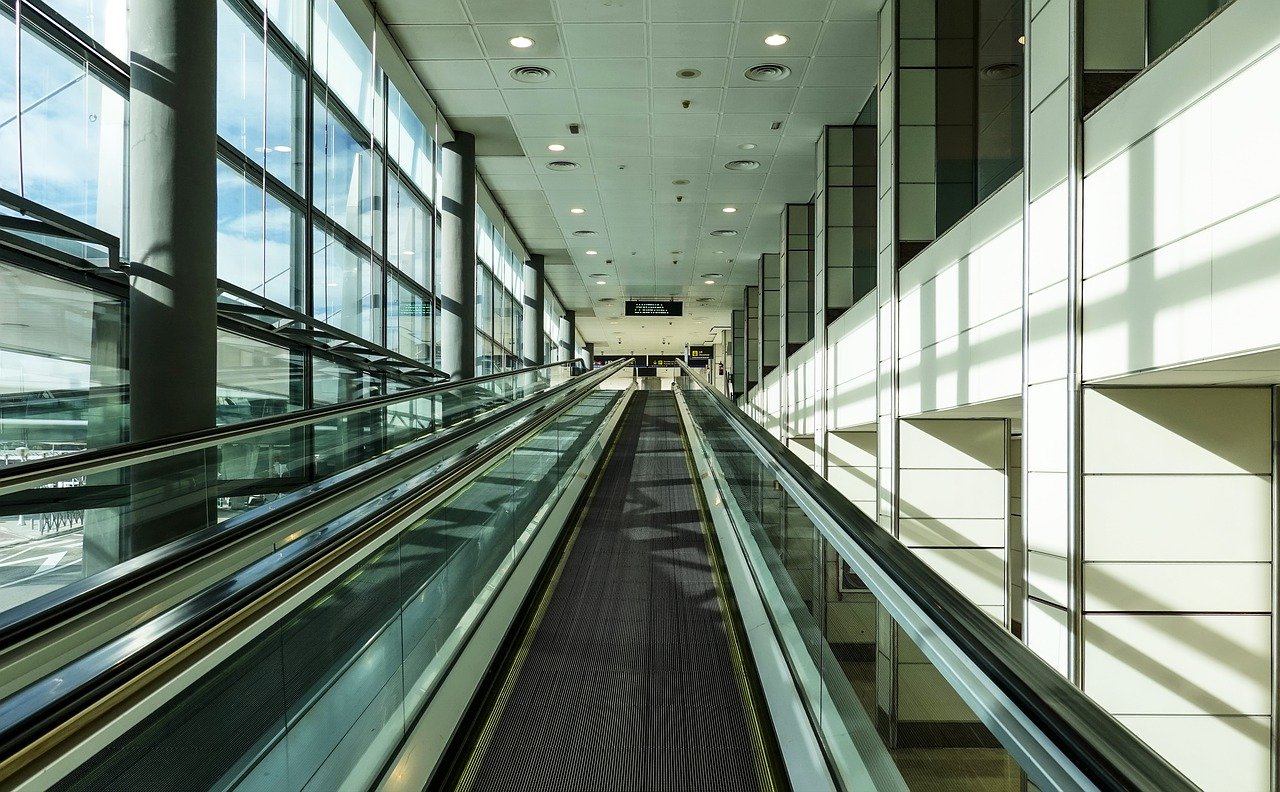Are you planning a trip to Russia and curious about the e-Visa process? This guide will answer all your questions and help you understand everything you need to know about obtaining a Russia e-Visa. Whether you’re visiting for tourism, business, or a private visit, securing an e-Visa is a crucial step. Let’s dive into the details and make your application process smoother.
Frequently Asked Questions About Russia e-Visa often arise due to the complexities of the application process. Understanding the types of e-Visas, eligibility criteria, required documents, and potential pitfalls can save you time and frustration. In this guide, we aim to provide you with all the essential information and tips for a successful e-Visa application. Keep reading to ensure you’re well-prepared for your journey to Russia.

Introduction to Russia e-Visa
What is a Russia e-Visa?
A Russia e-Visa is an electronic visa that allows foreign nationals to enter Russia for a specific period for tourism, business, or humanitarian purposes. This visa simplifies the traditional visa application process by allowing applicants to submit their information online. The e-Visa is linked electronically to the traveler’s passport, eliminating the need for a physical visa sticker or stamp. It’s a convenient option for travelers as it saves time and reduces paperwork.

Who Needs a Russia e-Visa?
Most non-Russian citizens, including U.S. citizens, require an e-Visa to enter Russia. Citizens of former CIS Republics, except Georgia and Turkmenistan, can enter Russia with their national passports. If you plan to travel to Russia, you should check if your country is eligible for the e-Visa program. Ensure that you apply well in advance of your trip to avoid any last-minute issues.

Types of Russia e-Visas
Russia offers several types of e-Visas depending on the purpose of your visit:
- Tourist e-Visa
- Business e-Visa
- Humanitarian e-Visa
The tourist e-Visa is generally valid for up to 30 days, while the business and humanitarian e-Visas can be valid for up to 12 months. Selecting the correct type of e-Visa based on your visit purpose is essential for a smooth application process.

Eligibility and Requirements
General Eligibility Criteria
To be eligible for a Russia e-Visa, you must meet several criteria:
- Hold a passport from an eligible country
- Have a valid reason for visiting, such as tourism or business
- Not have any previous visa violations in Russia
Ensure you meet these criteria before applying to avoid rejection. It’s also essential to have a passport with at least six months of validity remaining from your planned date of entry.

Documents Required for e-Visa Application
When applying for a Russia e-Visa, you will need to submit several documents, including:
- A valid passport
- A passport-sized photo
- Proof of travel insurance
- An invitation letter (if applicable)
Ensure all documents are accurate and up-to-date to avoid any delays in the processing of your e-Visa application. Inaccuracies can lead to application rejection.

Travel Insurance and Medical Coverage
Travel insurance is a mandatory requirement for obtaining a Russia e-Visa. The insurance should cover your entire stay in Russia and include medical coverage. Having adequate travel insurance not only fulfills visa requirements but also ensures you are protected in case of medical emergencies or travel disruptions. Always check the specific requirements for travel insurance before applying.

Application Process
Steps to Apply for a Russia e-Visa
Applying for a Russia e-Visa involves several steps:
- Visit the official e-Visa application portal
- Fill out the application form with your personal and travel details
- Upload the required documents
- Pay the application fee
- Submit your application
After submission, you will receive a confirmation email. The processing time can vary, so apply well in advance of your travel dates.

Common Mistakes to Avoid During Application
Common mistakes that can lead to e-Visa rejection include:
- Incorrect or incomplete application forms
- Uploading low-quality or incorrect photos
- Failing to provide accurate travel details
- Not meeting eligibility criteria
Double-check all information and documents before submitting your application to avoid these mistakes and ensure a smooth process.

Processing Time and Status Codes
The processing time for a Russia e-Visa can vary but typically takes around 4 to 10 business days. During this period, you can check the status of your application using the provided status codes. A status code of 202 means your application is under review. Regularly monitor your application status to stay updated on any changes or additional requirements.

Specific e-Visa Rules and Regional Differences
Kaliningrad e-Visa System
The Kaliningrad region has its unique e-Visa system, which allows travelers to visit this exclave of Russia easily. The application process is similar to that of the standard Russia e-Visa but is specific to Kaliningrad. This system simplifies entry to Kaliningrad and encourages tourism in the region.
Land Borders and Pre-Booking Systems
Travelers entering Russia via land borders like Narva and Verkhnii Lars must be aware of additional requirements, such as not being able to enter without a vehicle. Estonia also has a pre-booking system for cars leaving the country. Familiarize yourself with these specific rules to avoid any complications during your entry.
Impact of Regional Policies (Lithuania and Poland)
Recent regional policies, such as Lithuania closing several checkpoints to Belarus, can affect your travel plans. Lithuania and Poland also enforce rules about exporting Euro cash. Stay updated on regional policies that may impact your travel to ensure a smooth journey.
Post-Application Procedures
Registering Your Visa with UVIR
Upon arrival in Russia, you must register your visa with the Russian Department of Visas and Registrations (UVIR) within 72 hours. This registration is crucial to stay compliant with Russian visa regulations. Failure to register your visa can result in fines or complications when leaving the country.
Extending a Tourist Visa
Extending a tourist visa in Russia is only possible in exceptional circumstances, such as medical emergencies. The extension process can be complex and time-consuming. Plan your stay within the initial visa validity period to avoid the need for an extension.
Handling Rejected Applications
If your e-Visa application is rejected, you have a few options. You can correct any errors in your application and reapply. Review the reasons for rejection carefully and ensure all information is accurate before resubmitting. In some cases, seeking assistance from a Russian travel agent or consulate can help resolve issues.
Travel Tips and Security Measures
Precautions Advised by Travel Insurance Companies
Travel insurance companies often advise taking specific precautions when traveling to Russia. These may include avoiding certain areas, keeping valuables secure, and staying informed about local news. Following these precautions can help ensure a safe and enjoyable trip.
Importance of Removing EXIF Data from Photos
When submitting photos for your e-Visa application, removing EXIF data is advisable. This data can include details about your camera, location, and more. Removing EXIF data helps protect your privacy and ensures that your application focuses solely on necessary information.
Warnings from Foreign Offices
Foreign offices, such as the German Foreign Office, have issued warnings about the e-Visa system in Russia. These warnings often highlight issues like strict application criteria and potential delays. Stay informed about such warnings to avoid any unpleasant surprises during your application process.
FAQs on Russia e-Visa
Why Was My e-Visa Denied?
Your e-Visa application may be denied for several reasons, such as incomplete information, incorrect photos, or not meeting eligibility criteria. Review your application carefully to identify any possible errors that may have led to the denial.
Can I Reapply if My e-Visa is Rejected?
Yes, you can reapply if your e-Visa is rejected. Correct any errors in your initial application and ensure all information is accurate before resubmitting. Reapplying quickly can help you secure your e-Visa in time for your trip.
How Long Can I Stay in Russia with an e-Visa?
The duration of your stay in Russia with an e-Visa depends on the type of visa you have. Tourist e-Visas are typically valid for up to 30 days, while business and humanitarian e-Visas can be valid for up to 12 months. Check the validity period of your e-Visa to plan your stay accordingly.
Do I Need a Separate Visa for My Child?
If your child has a separate passport, they will need a separate visa to enter Russia. Ensure that you apply for an e-Visa for your child well in advance. Having all necessary visas for every family member prevents any travel disruptions.
Conclusion
Final Tips for a Smooth e-Visa Application
To ensure a smooth e-Visa application process, follow these tips:
- Double-check all information
- Submit high-quality photos
- Ensure travel insurance coverage
- Stay informed about regional policies
- Register your visa upon arrival
By following these tips, you can minimize the risk of application issues and enjoy a hassle-free trip to Russia.
Contact Information for Assistance
If you need assistance with your Russia e-Visa application, contact the Russian consulate in your country or an authorized Russian travel agent. Professional assistance can help you navigate the complexities of the application process and ensure all requirements are met.
Originally posted 2024-08-06 17:41:16.
